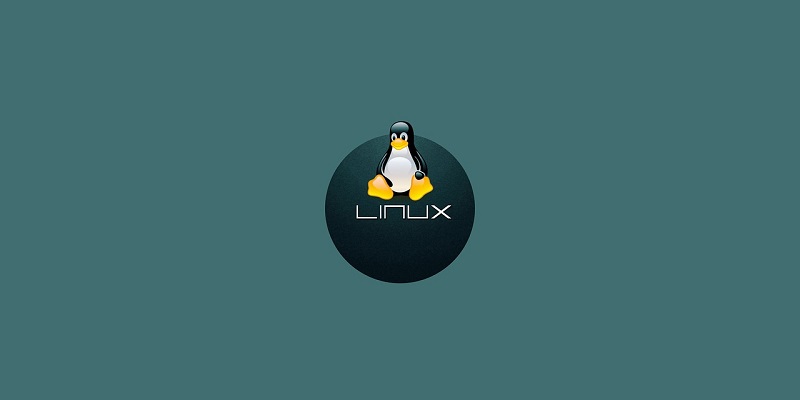Bodhi Linux 7.0 has emerged as a distinctive distribution based on Ubuntu, boasting an unconventional desktop environment known as Moksha. This latest release, built upon Ubuntu 22.04, offers a fresh take on the Linux experience. With its minimalistic approach and efficient performance, Bodhi Linux stands apart from other Ubuntu-based distros. In this article, we will delve into the key features and characteristics that set Bodhi Linux 7.0 apart from the crowd.
The desktop environment: Moksha
At the heart of Bodhi Linux lies Moksha, a desktop environment derived from Enlightenment 17. Moksha offers a unique user experience, setting it apart from the more common desktop environments found in other Ubuntu-based distributions. Through its sleek design and intuitive interface, Moksha seamlessly blends functionality and aesthetics, providing users with a refreshing alternative.
Not Your Typical Ubuntu Distribution
Bodhi Linux deviates from the standard Ubuntu environment in various ways. One significant difference is the minimal number of pre-installed applications. By opting for a minimalist approach, Bodhi Linux allows users to tailor their operating system according to their specific needs. This streamlined approach not only enhances the user’s ability to customize their system but also contributes to its small memory footprint, with the OS consuming less than 300MB of RAM when idle.
Lightweight and efficient
Efficiency and responsiveness are notable characteristics of Bodhi Linux. With its lightweight design, the OS ensures smooth and snappy performance. This efficiency is particularly appealing to users seeking a system that maximizes resource utilization without compromising speed or responsiveness. Bodhi Linux’s minimalistic approach, combined with its efficient performance, makes it an ideal choice for older hardware or those who prioritize system speed and stability.
The App Center
One unique aspect of Bodhi Linux is its approach to the app store concept. Instead of a dedicated program, Bodhi Linux utilizes a web-based platform called the AppCenter. This unconventional setup allows users to explore and download applications directly from the AppCenter website. Although this approach may differ from the traditional app store experience, it remains a convenient and user-friendly method to discover and install new software.
A different experience
Bodhi Linux diverges from other Ubuntu remixes by embracing its lightweight nature and focusing on efficiency. While some Ubuntu-based distros aim to provide a complete out-of-the-box experience, Bodhi Linux offers a balance between functionality and performance. Users who appreciate a lean and responsive operating system will find Bodhi Linux 7.0 to be a refreshing departure from the norm.
The Standout Feature
Among the many noteworthy aspects of Bodhi Linux, the Moksha desktop stands out as its most captivating feature. Out of the box, Moksha’s design bears a subtle resemblance to the classic Windows layout, with a full-width taskbar positioned at the bottom of the screen. This layout provides familiarity for users transitioning from a Windows environment, making the transition to Bodhi Linux more seamless and user-friendly. However, Moksha offers more than just aesthetics; its intuitive interface and customizable capabilities empower users to personalize their desktop experience.
Bodhi Linux 7.0 not only showcases the power and flexibility of Ubuntu but also introduces the unique Moksha desktop environment, providing users with an entirely different Linux experience. With its minimalist approach, small memory footprint, and efficient performance, Bodhi Linux offers a lightweight yet responsive operating system. Although it may lack the extensive pre-installed applications found in other Ubuntu remixes, users have the freedom to customize their system according to their specific needs. In the realm of Linux distributions, Bodhi Linux 7.0 has carved a niche for itself by embracing simplicity, efficiency, and the captivating Moksha desktop. Whether you are a long-time Linux user or a newcomer to the world of open-source operating systems, Bodhi Linux 7.0 is certainly worth exploring for its unique blend of usability, aesthetics, and performance.

